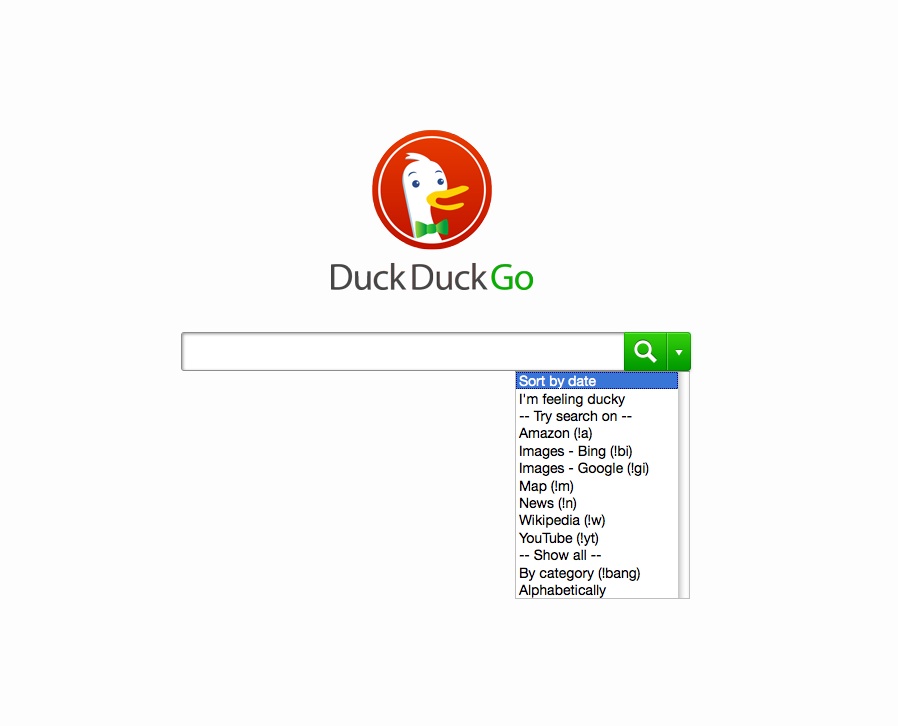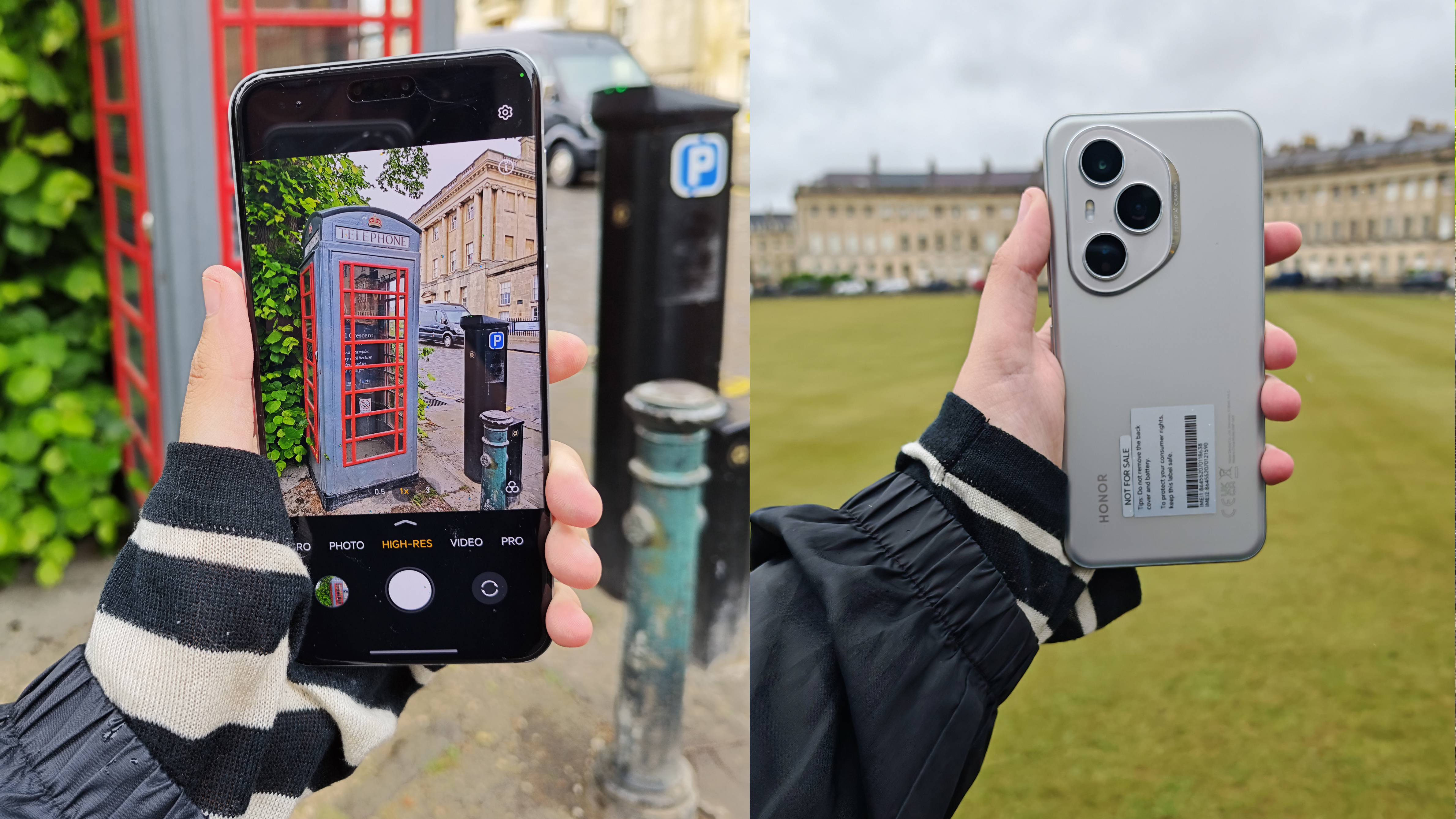Gabriel Weinberg on search engine DuckDuckGo
DuckDuckGo is attracting attention, especially among tech folk, for its different approach to search. Gabriel Weinberg tells us how the site offers a real alternative to Google
DuckDuckGo doesn't personalise results, and it doesn't send your search terms on to websites so they can track you. It has a system called 'bangs' that enables you to restrict your search to a single site or a preconfigured list of sites that tend to give good results. Gabriel Weinberg tells us all about it:
.net: How does a small startup go about competing in the arena of search?
Gabriel Weinberg: I believe there are alternative search experiences (to Google) that are compelling, and we simply strive to make one! I think it should be obviously different but also still recognisable so it's easy to switch. It's a fine line to walk, but if you do so I think you can compete.
.net: How does DuckDuckGo go about removing links to spam and other low-quality content?
GW: We have a crawling effort dedicated to visiting most of the domains on the internet and assessing algorithmically whether they should be removed from the results.
.net: What are the key differences in user experience between DuckDuckGo and the main search engines?
GW: We try to focus on things that bigger search engines do not, generally not for technical reasons, but for more structural reasons – for example, company culture, business or legal. Our four primary focuses in this regard have been aggressively ridding spam and irrelevant results, reducing clutter as much as possible, adding instant answers from great sources above links whenever possible and offering real privacy. We believe these add up in concert to an overall better search experience.
.net: In what way does DuckDuckGo protect users' privacy?
GW: Our privacy policy is very readable and we encourage people to do so. But quite simply, we don't collect personal information by default. We call this real privacy because when you use DuckDuckGo you are completely anonymous. We've put together some sites that put why this is a good thing into the context of search privacy at donttrack.us and dontbubble.us.

.net: What is Google doing wrong around privacy? Don't websites need information from Google about where their traffic is coming from?
GW: There are many issues around privacy where we differ from other search engines. I wouldn't say anyone is necessarily right or wrong, but that we are offering people a real choice where they can remain anonymous when searching the internet.
With regards to sites in particular, I don't think search engines need to send sites personal searches. We strip out this information. Sites will still know where you're coming from, in the sense they'd know you were at DuckDuckGo before their site and they can tell approximate geography from your IP address.
.net: Tell us about the Blekko partnership. What are your thoughts on curated search?
GW: We share data/indexes with the understanding that we both do some things really well and we'll both do better by helping each other out. We do curated search a lot by picking sources that have the best answers, and so I believe it is a good path to increasing the relevancy of search results.
.net: Who is DuckDuckGo targeting?
GW: We think we are appealing to anyone searching the internet.
.net: Why is DuckDuckGo so appealing to technical users?
GW: We have a lot of goodies that improve searches for technical users, for example duckduckgo.com/tech.html. We also have a lot of goodies that improve searches for non-technical users as well! And we hope to keep increasing the number available so our benefits will become more clear to more demographics.
.net: How do you plan to monetise DuckDuckGo?
GW: We have some minimal advertising on the site now, though we're certainly open to more innovative ideas. More here.

Thank you for reading 5 articles this month* Join now for unlimited access
Enjoy your first month for just £1 / $1 / €1
*Read 5 free articles per month without a subscription

Join now for unlimited access
Try first month for just £1 / $1 / €1
Get the Creative Bloq Newsletter
Daily design news, reviews, how-tos and more, as picked by the editors.

The Creative Bloq team is made up of a group of art and design enthusiasts, and has changed and evolved since Creative Bloq began back in 2012. The current website team consists of eight full-time members of staff: Editor Georgia Coggan, Deputy Editor Rosie Hilder, Ecommerce Editor Beren Neale, Senior News Editor Daniel Piper, Editor, Digital Art and 3D Ian Dean, Tech Reviews Editor Erlingur Einarsson, Ecommerce Writer Beth Nicholls and Staff Writer Natalie Fear, as well as a roster of freelancers from around the world. The ImagineFX magazine team also pitch in, ensuring that content from leading digital art publication ImagineFX is represented on Creative Bloq.
